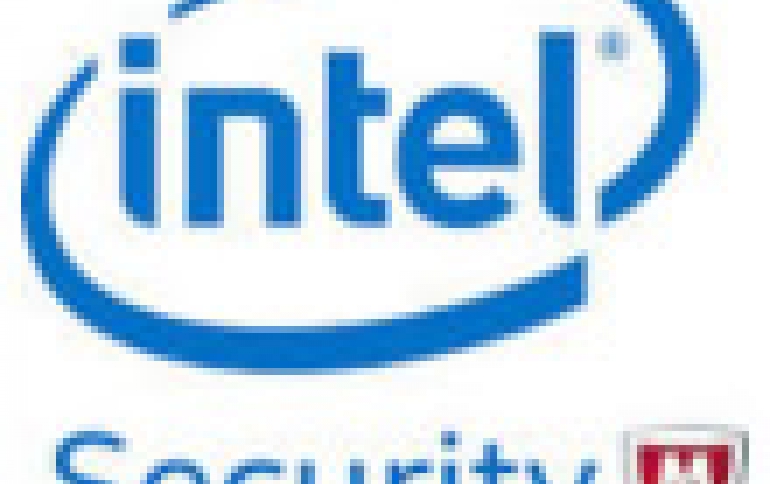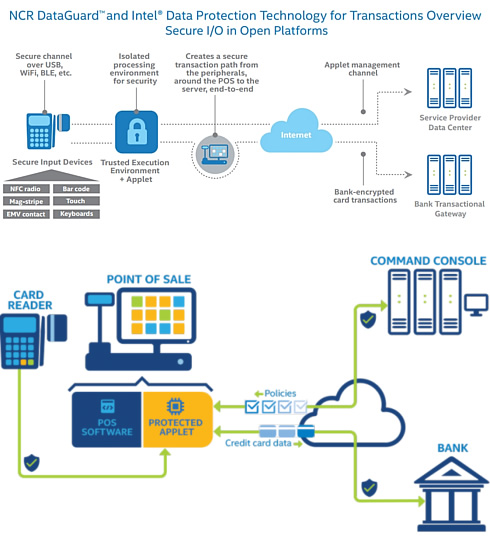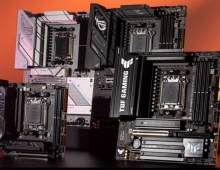
New Data Protection Tecnology Protects Point-of-sale Data
Intel is proposing a new platform designed to ensure the protection of personal data on open platforms used in the retail and financial services space. NCR, in collaboration with Intel, created an end-to-end solution to protect personal data on open platforms. This solution capitalizes on Intel’s platform security technologies, including the hardware-based root-of-trust capabilities built into many Intel processors, and NCR’s business and technological expertise as a consumer transaction technology.
The result is Intel Data Protection Technology for Transactions and NCR DataGuard. Intel Data Protection Technology for Transactions is compatible with systems built on select Intel Core and Intel Atom processors.
The solution protects a broad range of personal data, and for payments complement solutions such as EMV and point-to-point encryption (P2PE) to strengthen the defense against security breaches. With initial solutions aimed at retail transactions, Intel Data Protection Technology for Transactions and NCR DataGuard provide privacy, integrity, non-repudiation, and network hardware authentication. They secure a wide range of consumer information in an encrypted pipeline that protects data from the moment information is shared, through processing the encrypted information in retail and/or bank secure datacenters.

The technologies support all modern forms of credit and debit payment, including magnetic stripe, EMV, and near-field-communication (NFC) readers.
They also work with all retail POS form factors that have the appropriate Intel processor inside, including fixed and mobile devices.
The solution will be initially available on Intel Core second- and third-generation processors as well as succeeding Intel Core processor generations. In addition, tablets with the Intel Atom processor code-named "Bay Trail-T" and future Intel Atom processors will support this new Intel technology.
Intel Data Protection Technology for Transactions may be also applied to non-retail industries and applications, such as to secure the way airports handle passport and driver's license identity information.
The new technology will be available to retailers in 2015.





















